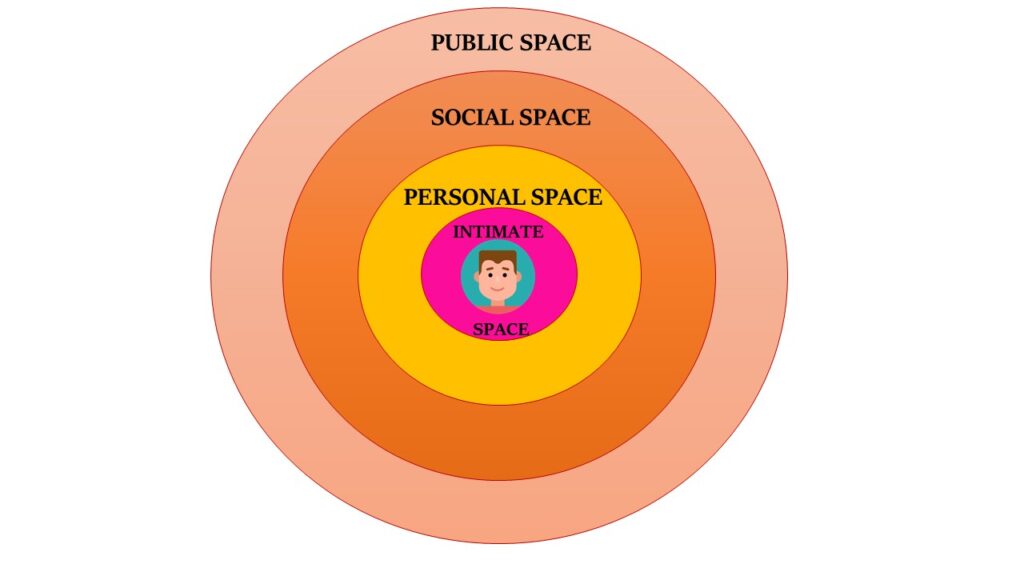Discover comprehensive information for all aspects of sexual health and find resources and guidance to empower your sexual well-being.
Erectile dysfunction (ED) is a common condition affecting men, often characterized by the inability to…
Discover comprehensive information for all aspects of sexual health and find resources and guidance to empower your sexual well-being.
Erectile dysfunction (ED) is a common condition affecting men, often characterized by the inability to…
Prostate health is a critical concern for men, especially as they age. The prostate gland…
The underlying cause as well as the severity of pain determine the varied treatment approaches…
Erectile dysfunction (ED) is a common condition that affects millions of men worldwide, causing distress…
Painful erections never indicate normalcy, and sometimes signal a medical emergency. Severe pain may necessitate…
Erectile dysfunction (ED) is a common condition that affects men of all ages, impacting their…
Prostate health is a critical concern for men, especially as they age. The prostate gland…
All of us have different ways of expressing ourselves. Even our non-verbal communications differ from one another. Some of us prefer standing close while talking or enjoy winking and patting while laughing or greeting with hugs. Things that others might never do or even despise. Well, This is because we all have our own meaning of personal space.
Table of Contents
ToggleThe notion of personal space was introduced in 1966 by anthropologist Edward T. Hall, who created the concept of Proxemics.
Proxemics is the study of space (or distance) that we maintain in social interactions and the effect that it has on our behaviors.
According to the American Psychological Association, personal space is an area of guarded space around an individual that he/she considers private.
It is like a “bubble” around us that moves with us. Typically, when another person intrudes in this area, we experience discomfort.
Related: Romantic Relationships And Mental Health
The bubble concept states that an imaginary, private region (or bubble) surrounds a person and determines the distance that is maintained in communicating with others.
The spaces around a person are intimate, personal, social, and public.


As per researchers, personal space is highly variable in different cultures and each individual has his/her own concept of it based on their culture.
Edward Hall separated cultures into two categories: contact and non-contact.
In contact cultures, physical touching between acquaintances is common. Such cultures include Italian, French, Latin American, etc.
For non-contact cultures, touching is reserved for only the most intimate acquaintances. Examples include the U.S., Norway, Japan, etc.
Living in densely populated places also tends to lower the expectation of personal space. For example, residents of India tend to have a smaller personal space.
It is also affected by an individual’s position in society, with more affluent individuals expecting a larger personal space.
Encountering personal space behaviors different from one’s own can make a person uncomfortable, angry, and/or anxious. But there are exceptional situations where we willingly give up our personal space.
It may happen when we get close to someone and happily modify our space requirements for them. In this case, there is a great degree of trust and personal knowledge.

Another instance where people voluntarily give up their personal space is to, for example, ride a crowded train or elevator. This is done to achieve certain goals like getting to work on time etc.
Everyone’s need for personal space is different. For example, introverts often need more personal space than extroverts. It is important to understand this in any kind of relationship.
Invading an individual’s personal space is never a nice way to show your affection. It can become suffocating for the other person and lead to conflicts.

Even in romantic relationships, it is healthy to let each other spend some quiet time apart (“Me-time”) to allow self-care. It promotes individuality and makes a couple stronger.
You may also violate someone’s personal space by sharing information from intimate to personal, social, or public space. A dramatic phenomenon often depicted in television shows for example in Friends, when Ross gets angry at Rachel for sharing his Princess Leia in gold bikini fantasy (Intimate) with her friends (Personal) or in The Simpsons when Marge kicks Homer out of the house for telling her secrets (Intimate) to his class (Public).
Proxemics has been useful in several different fields.
It was discovered by film analysts that by decreasing the distance between the camera and the actor, audiences become more emotionally attached to the actor’s character.
People in business have also found that increasing face-to-face interactions between employees strengthens corporate culture.
Despite the popularity and usefulness of proxemics, it is not free from criticism. Critics say the proxemic theory makes generalizations and promotes cultural stereotypes.
References:
Dr. Nishtha, a medical doctor holding both an MBBS and an MD in Biochemistry, possesses a profound passion for nutrition and wellness. Her personal journey, marked by significant struggles with physical and mental health, has endowed her with a unique empathy and insight into the challenges countless individuals face. Driven by her own experiences, she leverages her background to offer practical, evidence-backed guidance, empowering others on their paths to achieving holistic well-being. Dr. Nishtha truly believes in the interconnectedness of the mind and body. She emphasizes the significance of understanding this connection as a crucial stride toward attaining balance and happiness in life.

